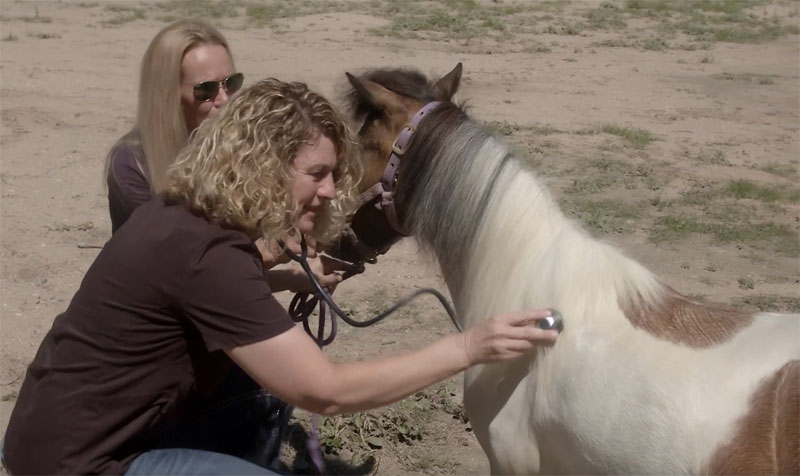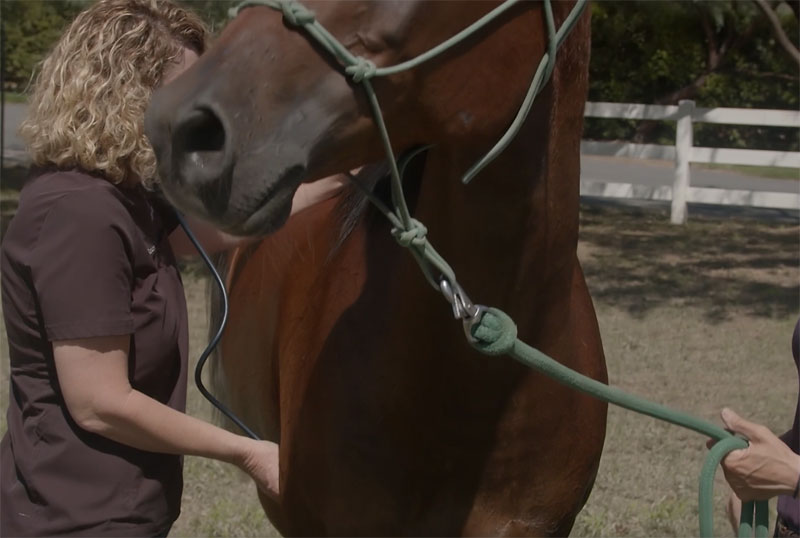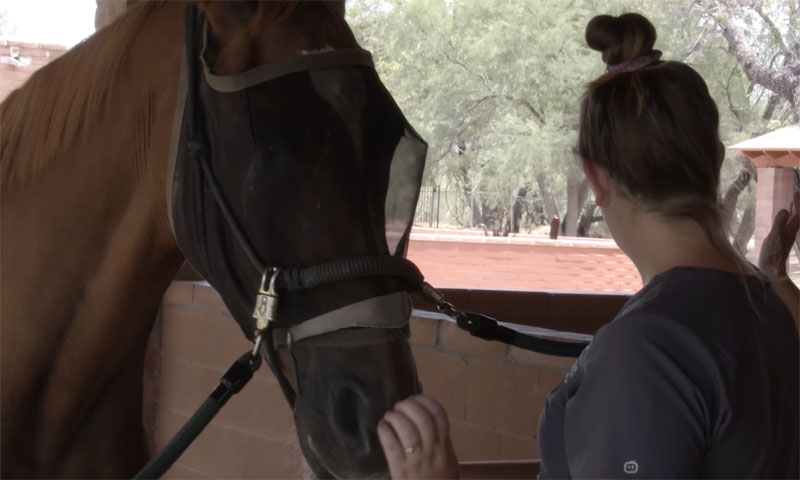Equine Ulcer
At Adobe Veterinary Center, we’re proud to provide our equine patients with comprehensive, thorough care. As many horses are affected by gastric ulcers, we are fully equipped to perform advanced diagnostics using gastroscopy to determine the exact nature of a horse’s ailment and prescribe the best course of treatment for each individual case.

What Are Gastric Ulcers?
Gastric ulcers (stomach ulcers) are sores that form on the lining of the stomach as a result of damage caused by the stomach’s naturally occurring acids. Most commonly, gastric ulcers are stress-related, which is why they are slightly more prevalent in performance horses.
How Do Gastric Ulcers Affect Horses?
Gastric ulcers are highly common in horses, affecting an estimated 50-90% of horses of all ages. Nearly all performance horses (race, endurance, and show horses) are affected by ulcers. Additionally, a large portion of horses that are kept for trailering, leisure, and/or light work also develop gastric ulcers.
Gastric ulcers can have a significant impact on horses, as they can:
- Impede a horse's ability to eat enough calories
- Adversely affect a horse's temperament
- Result in more challenging training, difficult handling, and trouble with - transportation and trailering
- Prevent the horse from reaching optimal performance, fitness, and health
- Lead to bad habits such as weaving, cribbing, or stall walking
- Hinder the growth of foals
- Be fatal in foals
- Cause colic in both foals and adult horses

Signs and Symptoms of Equine Gastric Ulcers
Outward signs of gastric ulcers can often be subtle in horses, but these signs and symptoms include:
- Appetite loss and weight loss
- Attitude/behavior changes
- Colic
- Decreased performance
- Dullness
- Girthiness
- Poor body and hair/coat condition
- Reluctance to train
Any unexplained change in your horse’s appearance, performance, behavior, routine, or temperament could indicate a health problem such as gastric ulcers. If you notice any changes, we strongly encourage you to schedule a veterinary examination.
Advanced Equine Diagnostics With Gastroscopy
When a horse displays any potential signs of ulcers, we typically recommend a simple gastroscopy procedure to determine whether or not the horse actually has ulcers and how advanced they are to indicate the most appropriate course of treatment.
What Is a Gastroscopy?
A gastroscopy is a very small video camera attached to a tube that is fed through a horse’s gastrointestinal system. A gastroscopy allows our veterinarians to visually examine your horse’s gastrointestinal system without the need for exploratory surgery.
What to Expect During an Equine Gastroscopy Appointment
Horses do not experience any pain during a gastroscopy. However, they do need to be lightly sedated, but still awake and standing, to ensure a smooth and effective diagnostic procedure.

Gastric Ulcer Treatment for Horses in Tucson
Adobe Veterinary Center can perform gastroscopy at our clinic or at home/barn. To learn more about equine gastric ulcers and how they are treated, we welcome you to schedule an appointment with an equine veterinarian at Adobe Veterinary Center today.







